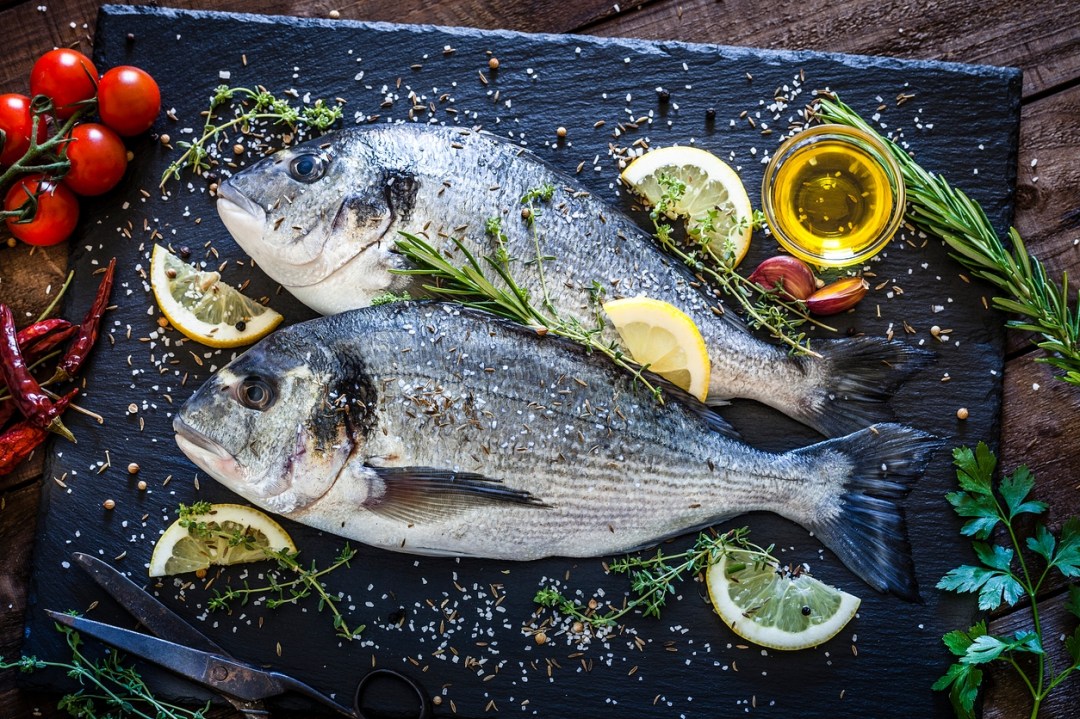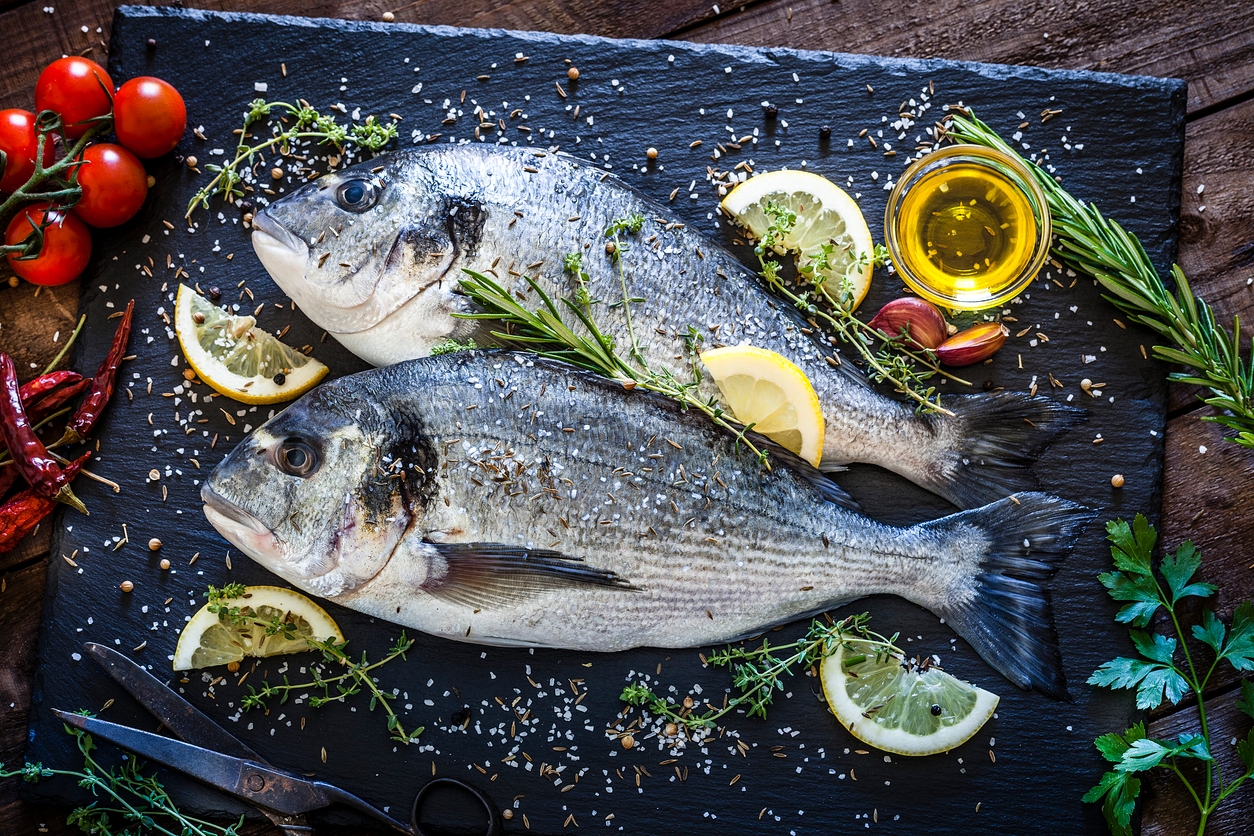Who will have a fishy on a little dishy/Who will have a fishy/When the boats come in? Far fewer of us, probably, after the new Netflix documentary, Seaspiracy, 90 minutes of devastating criticism of the fishing industry. Among the more eyecatching assertions is that the oceans will be empty of fish by 2048 and that there is no such thing as sustainable fish. The producer is a vegan called Kip Anderson who produced a similar critique of the meat industry, Cowspiracy. It doesn’t trip off the tongue, but the gist is the same: stop eating meat and fish.
It’s contention that the seas will be empty by 2048 has been seen off by the marine ecologist, Boris Worm, author of a 2006 report on which it is based, as an unwarranted projection into the future of trends he has identified. But it’s the documentary’s extrapolation of global data and its application to local conditions which is unhelpful all round.
For instance, mackerel from the seas around the British isles is plainly not endangered and plentiful in season; intensively reared salmon, crawling with sea lice and kept in the marine equivalent of battery farms, is in a different moral category. It’s like making a documentary about the horrors of battery chicken and saying that on that account you shouldn’t be eating genuinely free range chicken that’s reared by small producers, which cost five times as much. Or the dishonest data about the environmental impact of ranched US cattle fed on soya produced on land cleared of forest, rather than on grass; it’s just not the same as a small scale producer in Britain or Ireland whose cattle are on lush grass most of the time.
Where Seaspiracy is actually useful is in making us think more about where our fish comes from, and it’s baffling how many food writers – especially diet planners in women’s magazines – sunnily suggest eating fish without taking into account where it comes from and how it’s caught or produced. Recently I offered here a list of some British fish producers who sell local catch; it’s worth asking them what their approach is – you’ll find they either fish in a sustainable way or offer sustainable local fish on their website. Pesky fish, for instance, only takes catch from smaller boats that fish in the waters around the south coast, not in the deep ocean…they are a world away from the factory trawlers with vast nets that disturb marine life on the sea bed and make replenishment of stocks so difficult.
The documentary makes the point that Marine Stewardship Council is by no means infallible in its guarantees of ethical practice, but still, it excludes some of the worst fishing practices; look out for its logo. But there are some commonsensical principles to bear in mind when you’re buying: fish is seasonal, and you shouldn’t be eating some fish during the breeding season – haddock, for instance, should be avoided just now, in March/April. Pole or line caught fish, such as seabass, is better than net caught – though fishing trawlers will obviously be mostly be using nets. And there are times when fish is more plentiful…mackerel in the autumn, for instance. Hugh Fearnley Whittingstall’s The River Cottage Fish Book is all about seasonal, sustainable fishing and eating and cooking; if you’re serious about this, it’s worth obtaining a copy.
Meanwhile there are some fairly easy swaps…for instance:
Most cheap salmon is the equivalent of battery chicken, produced by feeding the creatures pellets from wild fish, and the cheaper it is the more you should be avoiding it. Buy organic mostly, or from farms that have a reputation for good practice: Andy Race of Mallaig, for instance, offers a good smoked salmon. There are very limited amounts of licensed British wild salmon; it is obtainable (as well as farmed salmon) from the excellent Forman and Field (run by my old friend, Lance Foreman), but at a price…even the pate is £12.95. But if Atlantic wild salmon is endangered, the same isn’t true of Alaskan salmon, and it’s widely available in good supermarkets…try brands such as Leap, obtainable from Waitrose; it’s the best way to go for smoked salmon.
Farmed Trout shows that not all farmed fish is evil. Chalk Farm trout is very good and raised in about the most ethical way available. Wild brown trout is probably only an option if you have a rod and a river.
Mackerel is as packed with healthy fatty acids as salmon and it’s plentiful in season. Out of season, it’s readily available smoked. Mash it up with lemon juice, cayenne pepper and cream for a very good pate.
Hake is delicious right now and it makes an excellent fish pie, with a bit of smoked fish thrown in and it’s usually sustainably caught, especially in Cornwall.
Dover sole doesn’t sound too penitential, does it? But it’s actually plentiful in season and a cinch to cook. What could be nicer for a Good Friday lunch?







Comments